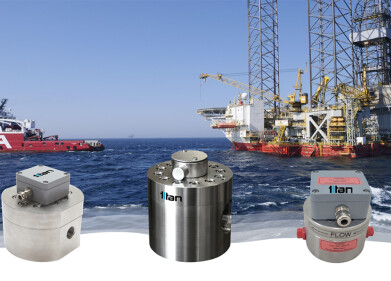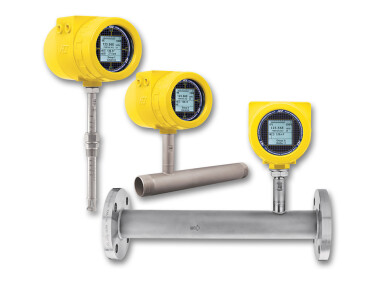Flow level pressure
Liquid vs Gaseous Custody Transfer – The Key Differences
Jan 05 2023
Custody transfer, also called fiscal metering, is widely used across the oil and gas sector. Accuracy is critical as even the smallest measurement errors can translate to big discrepancies when high-value commodities change hands. Liquids and gasses are two very different substances, which is why the energy sector relies on multiple different custody transfer methods. Below, we take a closer look at liquid vs gaseous custody transfer techniques and spotlight the key differences between the two.
Overall uncertainty percentages
One of the biggest differences between liquid vs gaseous custody transfer is the acceptable percentage of overall uncertainty. For liquid custody transfer measurements, overall uncertainty of ±0.25% or less is considered acceptable. For gaseous substances, overall uncertainty increases to ±1.0% or less. Minimising variations is important as the total transaction price is calculated using measurements collected during the custody transfer process. Errors can result in the customer overpaying or the seller being left out of pocket.
Industry regulations
Another key difference is the industry regulations operators must comply with. Liquid custody transfer flow measurement processes must generally comply with guidelines set by the International Organisation for Standardisation (ISO). For example, the new CoriolisMaster flowmeter from ABB is approved under OIML R 117-1 custody transfer standards. It’s also certified by European metrology authority Wellmec, as well as approved by the European Measuring Instruments Directive (MID). These industry-specific certifications help establish total peace of mind when custody transfer takes place.
Gaseous custody transfer flow measurement processes must also comply with regulatory guidelines, though these are set by multiple international bodies.
A new era of smart flowmeters
Technology is continually transforming the energy industry and flow meters are no exception. Over the past decade, process control engineers have embraced a new generation of intelligent instruments equipped with advanced measurement and diagnostic features. This includes smart sensors with the capacity to convert raw data into usable information in real-time.
“Data-driven decision making is having an impact in every aspect of life, and it’s the same in automation and process control,” explains Mason Flannery, a representative from Swiss-based flow meter manufacturer, Endress+Hauser. “The ability to take more than a single measurement value delivers additional information that can drive diagnostic decisions and increase the value of a single instrument. This reduces costs while increasing safety, quality, and production efficiencies.”
Before starting the custody transfer process, the new owners must ensure the right infrastructure is in place to store the liquid or gaseous substance that’s changes hands. Find out more about the different types of storage solutions used in the energy industry in ‘Storage Tanks for Oil & Chemicals - Everything You Need to Know’.
Digital Edition
PIN 26.1 Feb/Mar 2025
March 2025
Analytical Instrumentation - Elemental Analysis for Quality and Process Control at Refineries, for Lubricants and Wear Metals in Engine Oils - Synthetic Lubricants: New Developments - Scaling...
View all digital editions
Events
Mar 31 2025 Hannover, Germany
Mar 31 2025 Beijing, China
Apr 02 2025 Saigon, Vietnam
Apr 02 2025 Atyrau, Kazakhstan
Apr 08 2025 Birmingham, UK





.jpg)













